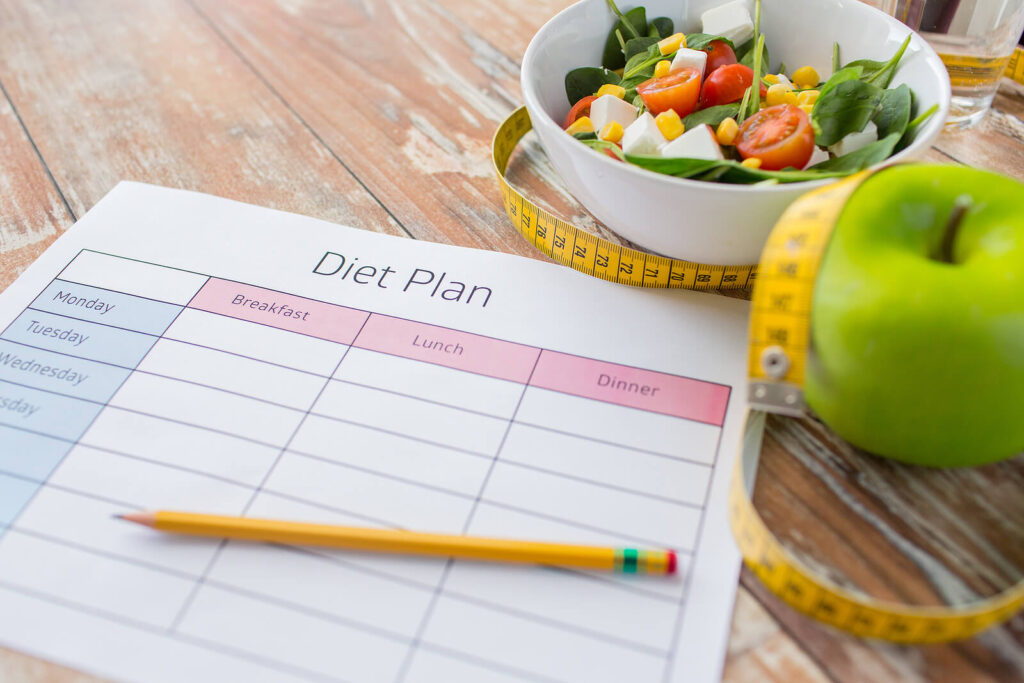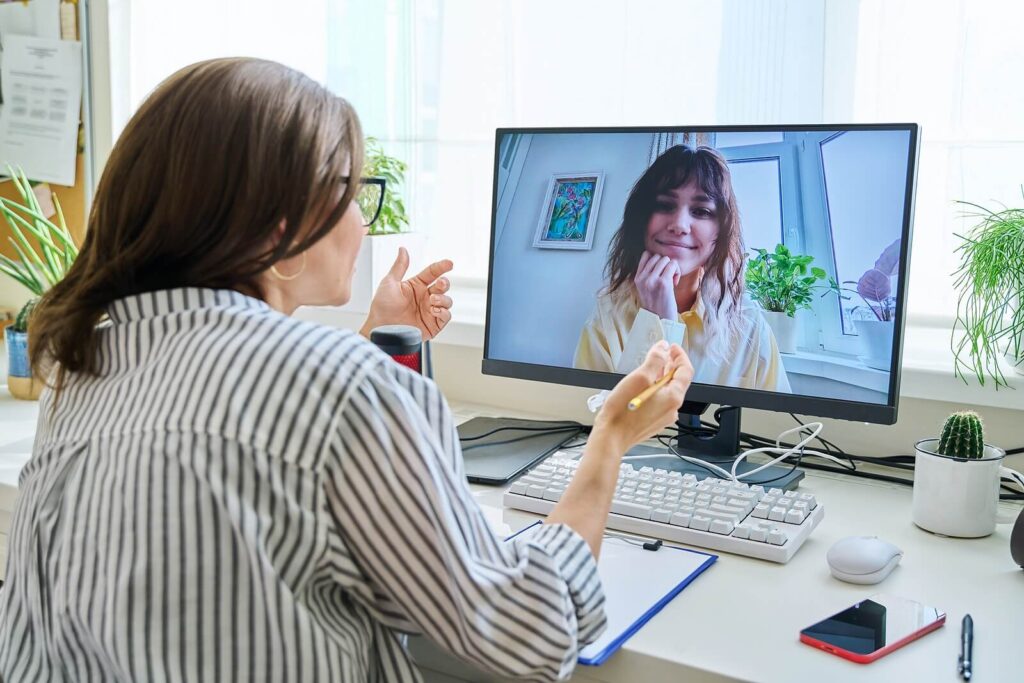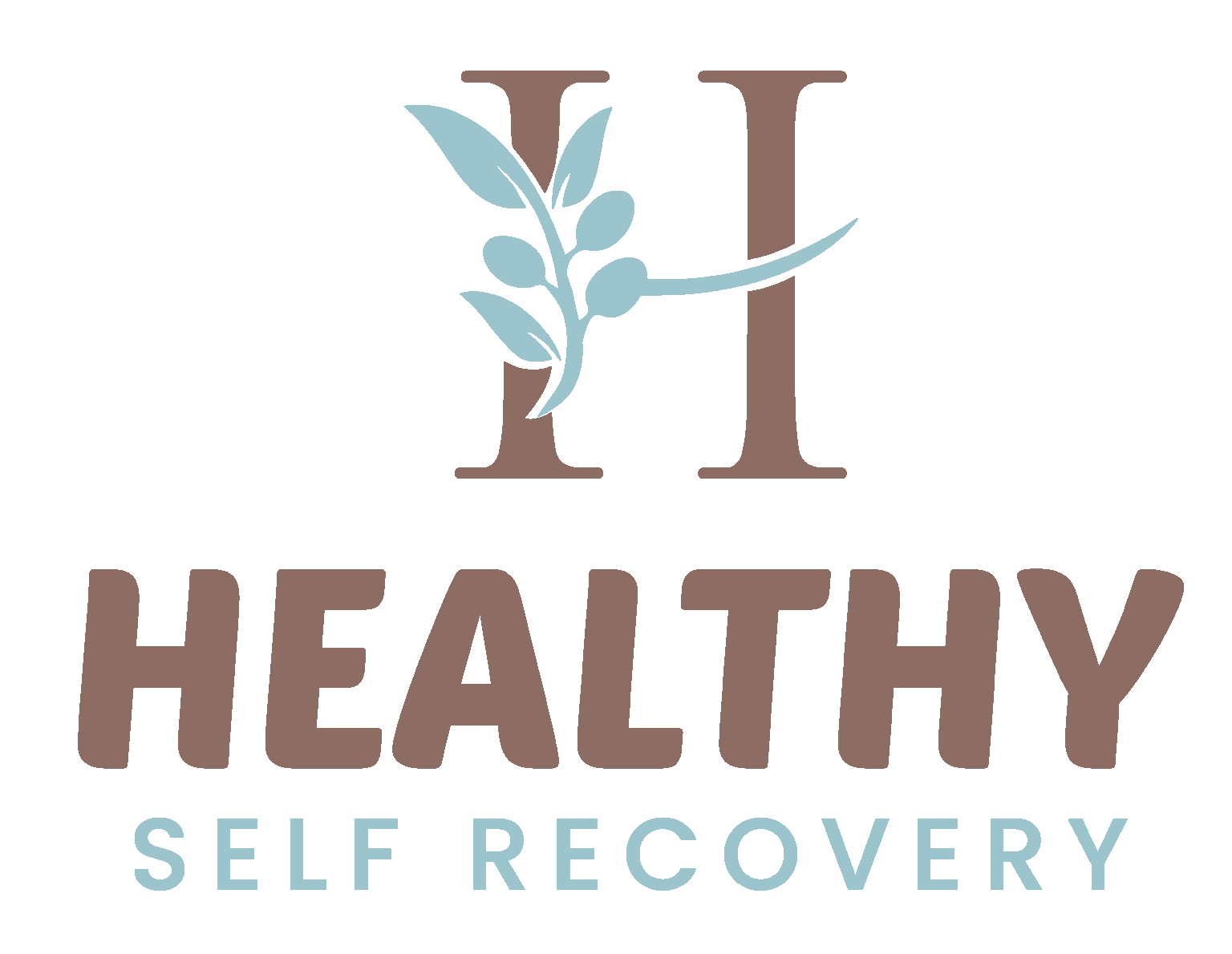For almost all women, the concept of dieting is something that has been ingrained in them from a very early age. For some this may have started in childhood with comments from family members about what they eat or their body size, or from noticing that their parents were constantly on a diet or eating differently to the rest of the family. Or for others, it is when they hit puberty and adolescence that they become acutely aware of the pervasive media and cultural messaging that constantly encourage and normalise the shrinking of the female body and that these beliefs have become ingrained into their being.
Recovery from an eating disorder becomes even more complex because you must actively question and dismantle deeply rooted thoughts, behaviors, and beliefs. This is where eating disorder recovery coaching can be of great benefit.

The Deep Roots of Diet Culture
The pervasive messaging that we receive that body shape and the way we eat is somehow correlated to health, worth and moral standing leads many women to feel deeply inadequate and so they embark on a path of yo-yo dieting, restrictive eating, obsessive calorie counting, bingeing and purging and much more in an attempt to mould their bodies to the thin ideal.
All of this often leads to:
- Fear and avoidance of certain foods: Categorizing foods as “good” or “bad” creates huge anxiety, guilt, and shame around eating.
- Food rules: You start treating food as conditional, placing rules around what you can eat, how you eat it, when, how much, and whether you’ve “earned” it.
- Distorted body image: Constant comparison to unrealistic and constantly changing body ideals leads to feelings of dissatisfaction, low self-worth, and poor self-confidence.
- Loss of intuitive eating: When you follow restriction and food rules, you constantly override your body’s natural hunger and fullness signals. Over time, you lose trust in your body’s ability to guide you.
- Emotional eating: Food becomes a coping mechanism for coping with painful emotions, stress, fatigue, or sometimes boredom.

How Eating Disorder Recovery Coaching Helps
Working one-on-one with a certified eating disorder recovery coach can help you to:
- Dismantle Food Rules: Coaches help clients identify and challenge the food rules that have been dictating their lives. They guide women to expose themselves to these foods and reframe food rules, helping them take a more flexible, neutral approach and discover which foods truly work for their unique bodies.
- Rebuilding Body Image: A big part of coaching is cultivating self-compassion and body acceptance. Clients learn to be kinder to themselves and to accept their bodies for their strength and functionality rather than focusing on perceived flaws.
- Restoring Intuitive Eating: While intuitive eating is not possible when one has an eating disorder, it is always the end goal of recovery. Coaches guide clients in learning to renourish themselves regularly and consistently with the aim of reconnecting with their hunger and fullness cues. As recovery progresses, coaches will help clients work on social and spontaneous eating so that they can become flexible, balanced eaters.
- Developing Coping Mechanisms: Eating disorder behaviours are seemingly the perfect antidote for managing painful or uncomfortable feelings and situations. Coaches work with clients to find tools and strategies that help them individually to manage emotions, stress, and anxiety without turning to food and food behaviours.
- Building a Support System: Just like an eating disorder, being in recovery can feel very lonely. Coaches provide a safe and supportive space for clients to share their frustrations, struggles and also to celebrate their successes. For some clients, when they start to work with a recovered coach, it can also feel like the first time someone truly “gets them”. Coaches can also connect clients to therapists and dietitians if need be to widen the support system.
Making Peace With Food and Your Body
Eating disorder recovery coaching isn’t a quick fix, but it’s a powerful tool for women who are ready to break free from the chains of diet culture. Women can undo decades of restrictive thinking and rebuild a balanced relationship with food. In doing so, they learn to make peace with food and their bodies. They begin to live in a way where food and body shape no longer dominate their lives. Instead, they choose not to compromise who they are or what matters most just to fit a certain look or size.
Is Eating Disorder Recovery Coaching Right for You?
Tired of dieting? Take back your relationship with food through eating disorder recovery coaching. Contact me for a free 15-minute discovery call to see if we would be a good fit to work together at Healthy Self-Recovery.

Ready to Heal Your Relationship with Food? Find Support With Eating Disorder Recovery Coaching in the UK and Online Globally
If you’re done with diet culture and tired of the constant battle with food and your body, you’re not alone. Eating disorder recovery coaching can help you unlearn harmful patterns and reconnect with your body in a compassionate, sustainable way. At Healthy Self Recovery, we’re here to support you as you move toward peace, freedom, and lasting healing. Follow these three simple steps to get started:
- Contact me to schedule a free discovery call to see if Eating Disorder Recovery Coaching is right for you.
- Begin meeting with me, Marianna Miles, a British eating disorder recovery coach
- Start healing and reconnecting with your body.
Additional Services Offered at Healthy Self-Recovery
At Healthy Self Recovery, I offer individualized support to help you move through eating disorder recovery with greater ease and self-assurance. I design my eating disorder recovery coaching sessions to reduce food-related stress, offering practical tools and compassionate, nonjudgmental care. You’ll receive consistent encouragement and optional text check-ins to help you feel supported every step of the way. I also collaborate with your wider medical team to ensure a comprehensive, holistic plan tailored just for you. Together, we’ll build a lasting foundation for body trust, food freedom, and meaningful healing. Services are available online throughout the UK—England, Scotland, and Ireland—and accessible globally.









One Response